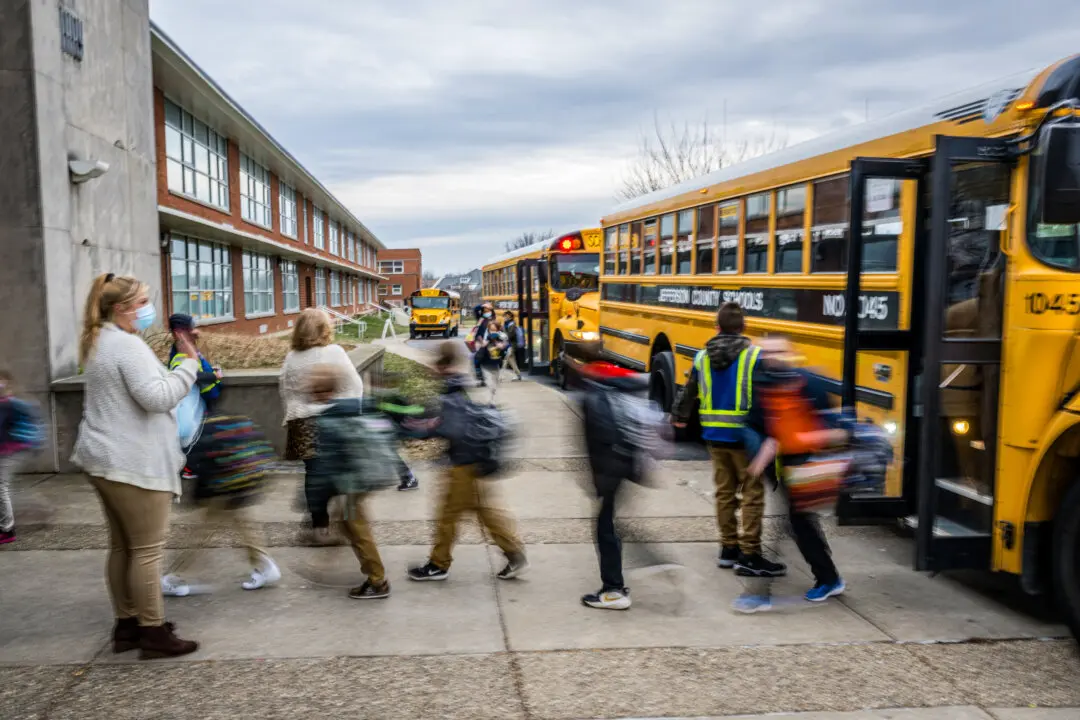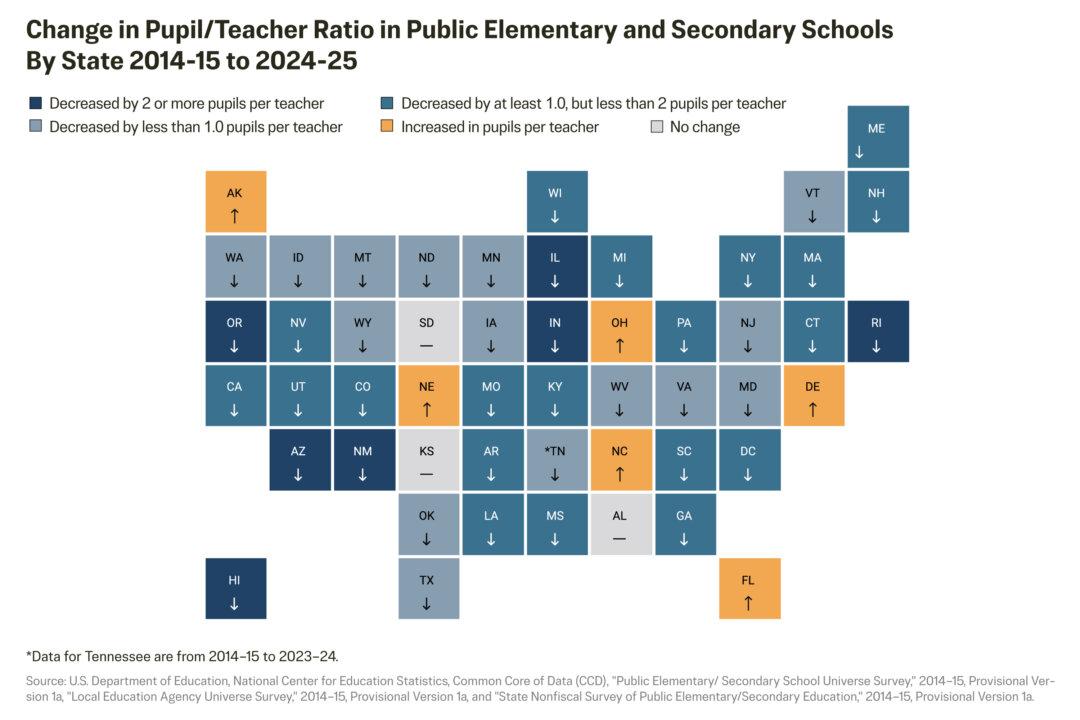It has been a busy year for the Department of Education Office for Civil Rights (OCR).
During the first nine days of August, the federal agency released reports of alleged anti-Semitic discrimination at Drexel University in Philadelphia, sexual harassment of students in the San Diego Unified School District, and Title IX violations where high school softball players in Minneapolis reported that they were denied equal access to sports facilities, according to the agency’s website.





